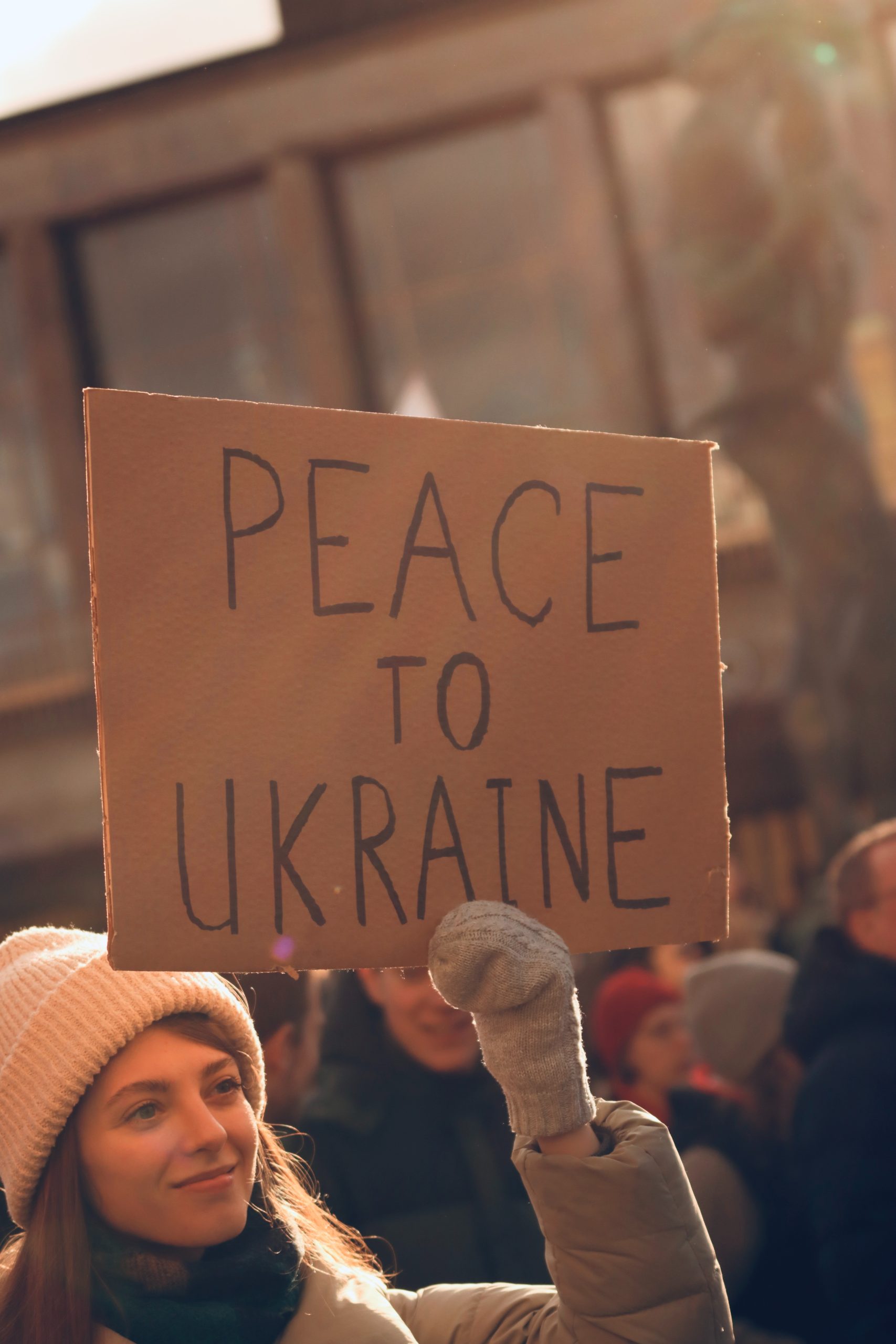US (Transatlantic Today) – The U.S. continues to bolster its foreign policy as U.S. Vice President Kamala Harris lands in Germany to continue talks about European ally unification amid Russian tensions. To temper growing concerns about instability in the region, she plans to attend much of the Munich Security Conference to speak about the importance of unification in these trying times. While the NATO bond is currently withstanding the pressure, there is concern about the more vulnerable countries being potential targets in the case of escalation.
As she does this, U.S. President Joe Biden and other U.S. officials continue to warn that further invasion and escalation is likely due to Russian strategy moves that are currently playing out on the world stage. Currently, U.S. Intelligence officers are disputing Kremlin claims that there was a withdrawal of Russian forces. Allegedly, rather than pull back their troops, Russia has inserted an additional 7,000 troops by the border over the course of this week and has continued to do high-intensity military operations that appear to be indicative of oncoming war.
Harris was slated to meet and continue the conversation with leaders from Estonia, Lithuania, and Latvia throughout the course of the Conference, as well as other key European players and nations. She also plans to meet with Volodymyr Zelenskyy, Ukrainian President, and Chancellor Olaf Sholz of Germany to further discuss the next steps.
The Biden Administration continues to remain firm in its partnership with NATO and will continue to support our allies. Press Secretary Jen Psaki has also reinforced this concept, stating that the U.S. remains in agreement with the integrity and sovereignty of Ukraine and its citizens. She went on to say that at the moment, President Biden plans to pursue economic-based sanctions rather than military retaliation at this time.
Vice President Harris’ attendance to the Conference could do great good on the world stage and stands as a public declaration of faithfulness to our fellow countries and partners in the NATO agreement. This is powerful, especially as the Conference has been historically used to announce major developments in foreign policy and risk.
For example, President Putin is well known for his 2007 address that offered conjecture against the formation and existence of NATO, accusing them of significantly interfering with Russian interests.
This will be the first time that the Conference is held in-person in several months, as the prior conference(s) and subsequent meetings were held virtually due to the threat of the coronavirus pandemic.
Vice President Harris’ trip comes amid icy tensions between the U.S. and Russia, as just a few days prior the U.S. diplomat housed in Moscow was expelled by Russian security forces.
Many believe that this could be the start of a new Cold War with emphasis on digitalization and cyber warfare.
U.S. citizens look forward to seeing what Harris can do with her time in Munich, as this could be an opportunity for her to step even further into a diplomatic role.


























